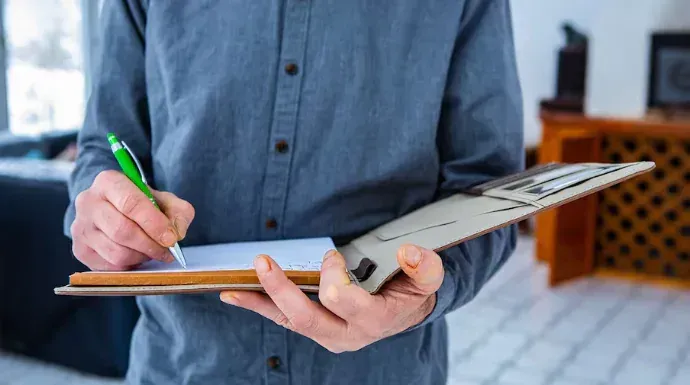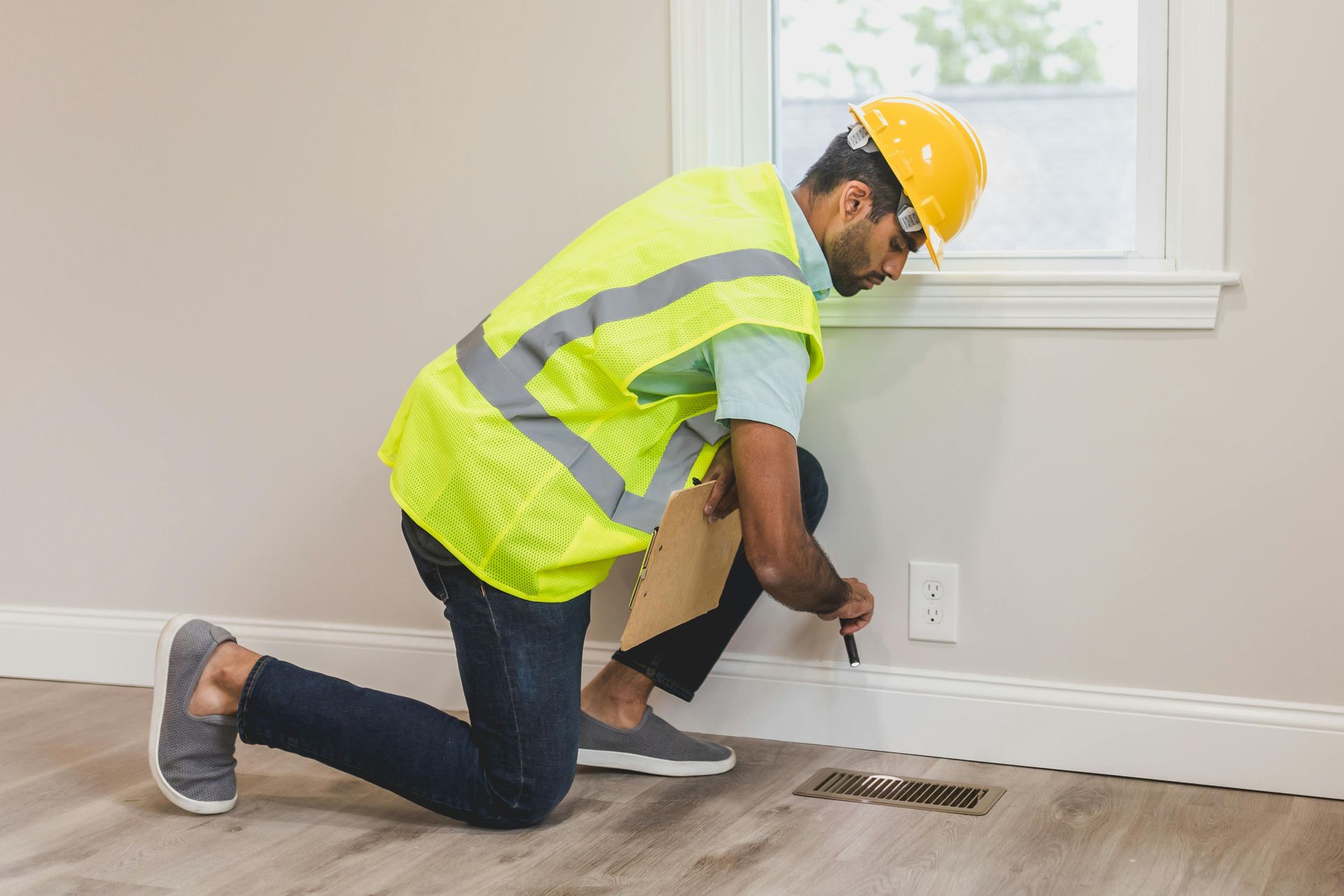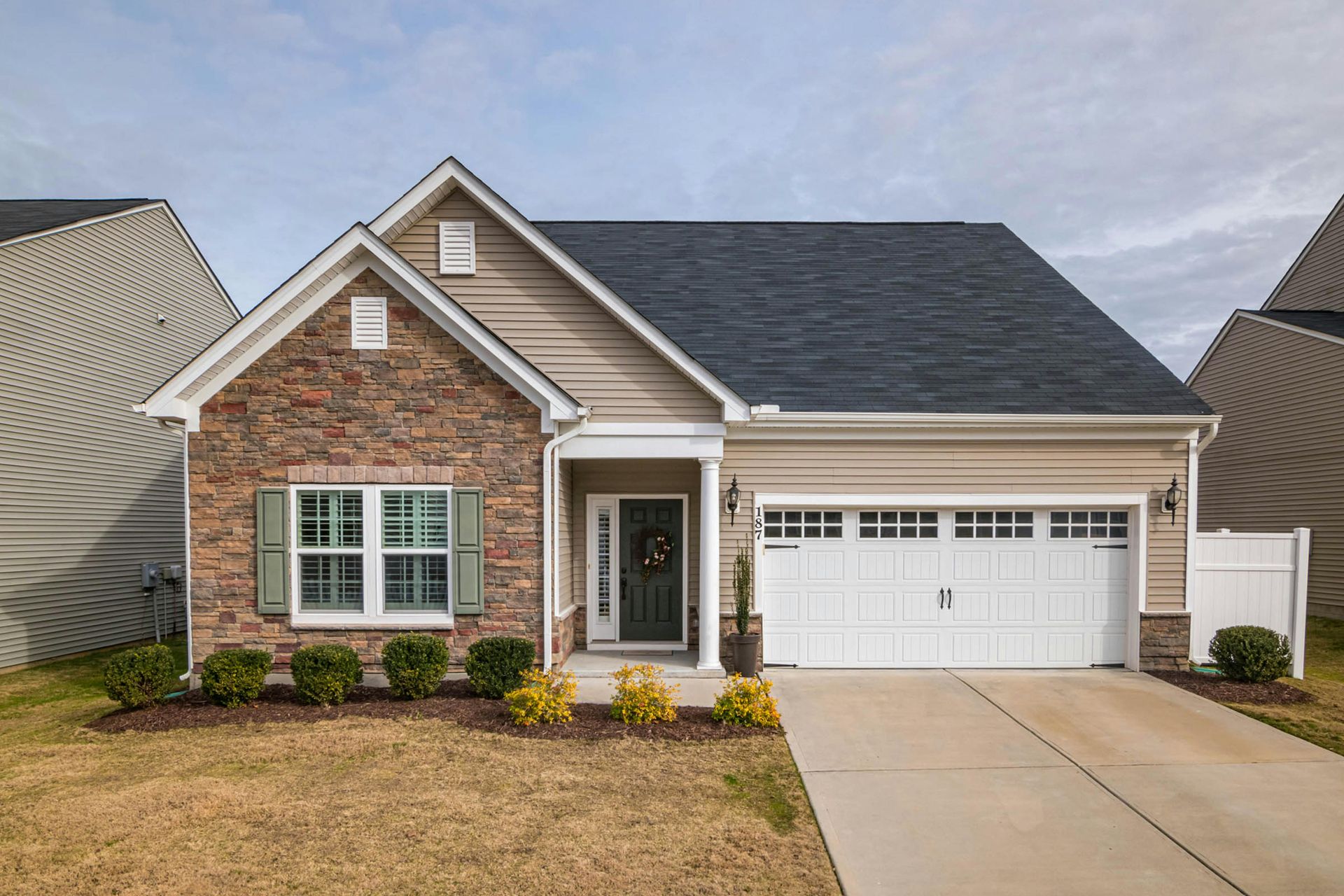Why You Should Get Regular Home Inspections
Owning a home is a significant investment. It's crucial to protect this investment with regular home inspections.
Regular home inspections can identify potential issues before they become major problems.
They are not just for buying or selling a house. They also help maintain the value of your home.
This article aims to educate homeowners on the importance of regular home inspections. It provides comprehensive insights into what they entail and how to prepare for them.
We will delve into the benefits of home inspections, the
checklist to follow, and the costs involved. We will also share tips for ensuring a smooth inspection process.
Whether you are a homeowner, a prospective home buyer, or a real estate investor, this guide is for you. It's also for anyone interested in property maintenance and safety.
Stay with us as we explore why you should get regular home inspections.
The Importance of Regular Home Inspections
Regular home inspections are essential for several reasons. First, they can reveal potential issues before they escalate into major problems. This early detection can save homeowners significant repair costs in the long run.
Second,
home inspections can reveal illegal installations or repairs. These could affect your insurance or the value of your home. It's crucial to rectify such issues to avoid future complications.
Third, regular home inspections can serve as a preventative maintenance plan. They highlight areas that need attention, helping you prioritize home improvement projects. This proactive approach can help maintain the value of your home.
Fourth, home inspections can uncover hidden pests or infestations. These could cause significant damage if left unchecked. Regular inspections ensure that such issues are dealt with promptly.
Lastly, regular home inspections provide peace of mind. They ensure that your home is safe and sound. Understanding the condition of your home can help you sleep better at night, knowing that your investment is secure.
Photo By: Angi's List
What Does a Home Inspection Cover?
A typical home inspection is a thorough examination of your home's overall condition. It covers various aspects of your home to ensure everything is in good shape. Let's delve into what a home inspection typically covers.
- Structure: The structure of your home is crucial to its overall stability. Inspectors will check the foundation, walls, and roof for any signs of damage or instability. They'll look for cracks, dampness, or any other signs that could indicate a structural problem.
- Systems: Home systems include your HVAC, electrical, and plumbing systems. Inspectors will ensure these systems are functioning correctly. They'll check for leaks, faulty wiring, and other potential issues that could lead to significant problems down the line.
- Components: This includes doors, windows, appliances, and other components of your home. Inspectors will check these items for functionality and safety. They'll look for any signs of wear and tear that could affect your home's comfort and efficiency.
Preparing for a Home Inspection: The Ultimate Checklist
Preparing for a home inspection can make the process smoother and more efficient. Here's a simple checklist to help you prepare for your next home inspection.
- Exterior: Start by examining the exterior of your home. Check the condition of the siding, windows, and doors. Ensure the gutters are clean and the roof is in good shape. Look for any signs of damage or wear that could be flagged during the inspection.
- Interior: Inside your home, check for any visible issues with the walls, floors, and ceilings. Ensure all doors and windows open and close properly. Check for any signs of water damage, especially in the kitchen and bathrooms.
- Utilities: Finally, make sure all utilities are functioning correctly. Test your HVAC system, electrical outlets, and plumbing fixtures. Ensure your smoke detectors and carbon monoxide detectors are working properly. This preparation can help you identify potential issues before the inspector arrives.
The Role of a Safety Inspector During Home Inspections
A safety inspector plays a crucial role during home inspections. Their primary focus is to ensure that the home meets all safety regulations and standards.
They look for potential hazards such as faulty wiring, gas leaks, and structural issues. They also check for compliance with fire safety standards, including the presence and functionality of smoke detectors.
By identifying these safety issues, the inspector helps homeowners address them promptly. This not only ensures the safety of the occupants but also helps maintain the value of the home.
Understanding Home Inspection Costs and Duration
The cost of a home inspection can vary widely. It depends on factors such as the size and location of the property, and the scope of the inspection. On average, homeowners can expect to pay between $300 and $500 for a standard home inspection.
The duration of a home inspection also depends on the size and condition of the home. Typically, a home inspection takes about 2-4 hours. However, for larger homes or properties in poor condition, the inspection may take longer.
Understanding these factors can help homeowners budget for the cost and time involved in a home inspection. It also helps in planning and preparing for the inspection process.
Home Inspection Tips for a Smooth Process
To ensure a smooth home inspection process, preparation is key. Start by clearing access to areas like the attic, basement, and utility closets. This allows the inspector to easily reach and assess these critical areas.
Next, replace any burned-out light bulbs in the house. This not only helps the inspector see better but also prevents false reports of non-functional light fixtures. Also, test smoke and carbon monoxide detectors to ensure they are working properly.
Lastly, accompany the inspector during the inspection. This provides an opportunity to ask questions and understand the condition of your home firsthand.
Is a House Inspection Required? Legal and Safety Considerations
While a house inspection may not always be legally required, it is highly recommended. This is especially true when buying or selling a home. An inspection can reveal potential issues that may affect the value of the property.
In some cases,
mortgage lenders may require a home inspection before approving a loan. This is to ensure that their investment is sound.
Moreover, regular home inspections can ensure that your home meets safety regulations. This is crucial in maintaining a safe living environment and avoiding potential legal issues down the line.
Building Inspection for New Houses: Ensuring Compliance and Quality
Building inspections for new houses are crucial to ensure that the construction meets local building codes and standards. These inspections can reveal any structural issues or substandard materials used during construction.
Moreover, a building inspection can also identify any illegal installations or repairs. These could potentially affect the insurance or value of the property.
In conclusion, a building inspection for a new house is not just a formality. It's a necessary step to ensure the quality, safety, and long-term value of your investment.
Conclusion: The Long-Term Benefits of Regular Home Inspections
At Wild Blue Home Inspections, we understand that regular home inspections offer numerous long-term benefits. They not only help maintain the value of your home but also ensure the safety of your living environment. An inspection can even influence your insurance policies and premiums, leading to potential savings down the line.
Investing in regular home inspections is crucial for gaining peace of mind and avoiding unexpected costs. Don't leave your home’s condition to chance.
Contact us today to schedule your next home inspection and ensure the lasting safety and value of your investment.
Share this blog!




